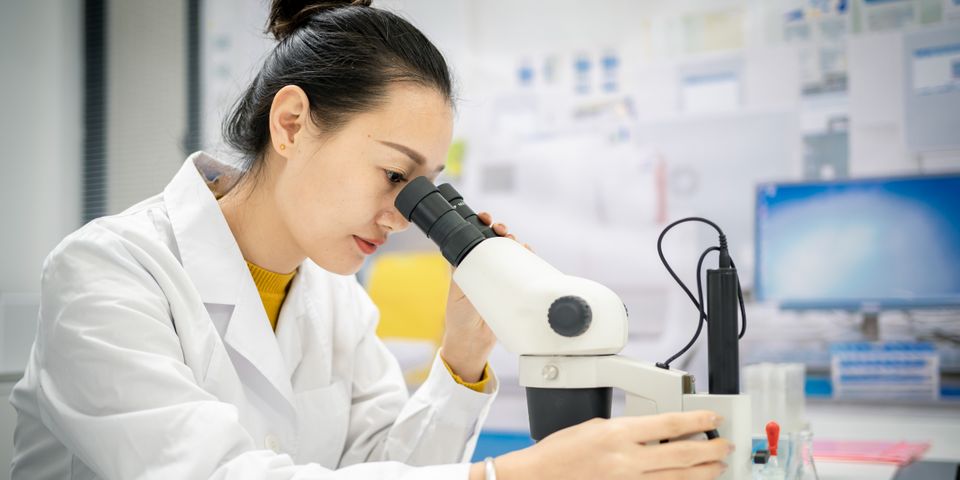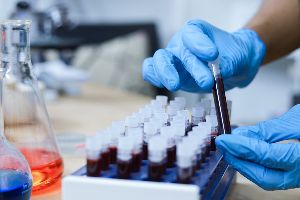What Are the Different Types of Cytology Tests Used for Cancer?

Cancer occurs from a mutation of cells, which can create a variety of symptoms. Although they may start slowly, over time they can become increasingly burdensome to daily life. For early disease detection, it's best to undergo diagnostic testing. One of the classifications of tests used to look for cancer is cytology tests. Here's what you need to know.
3 Common Types of Cytology Tests for Cancer Screening
1. Scrape or Brush Cytology
The scrape or brush disease detection is one of the most common types of cytology tests used for cancer. It involves gently scraping or brushing cells from the surface of an organ and can be used to test suspicious tissue. Although this sounds alarming, scrape tests are how Pap tests are performed within the cervix. Mild discomfort may occur momentarily, but it will dissipate as soon as the test is done. Scrape cytologies can also be performed on the stomach, bronchi, esophagus, and mouth.
2. Bodily Fluid Cytology Tests

Cytology tests can also be performed on bodily fluids. The fluids are extracted from the area in question and undergo specific tests to check for the presence of cancer cells. Some of the most common types of bodily fluid cytology tests rely on pleural fluid (around the lungs), spinal fluid, phlegm, urine, or pericardial fluid (around the heart). The method of extraction will be unique for each type of fluid, but the testing is similar.
3. Fine Needle Aspiration
Fine needle aspiration (FNA) tests can be either cytological or related to biopsies. The process utilizes a thin, hollow needle that's attached to a syringe in order to draw out a small sample of fluid or piece of tumor. Depending on the depth of the tumor, ultrasound imaging may be needed to assist. FNA tests are easy to perform and minimally invasive. The results tend to process quickly, but may not be enough to make a complete diagnosis.
If you need a cytopathology provider or are undergoing cytology tests yourself, turn to Summit Pathology in Loveland, CO. They're an independent, physician-owned pathology clinic, whose goal is to better serve patients and provide disease detection with confidence. They offer efficient pathology services for hospitals, health care providers, and patients throughout Wyoming, Nebraska, and Colorado. To learn more about their qualified providers, visit them online or call (970) 212-0530 to speak with a team member.
About the Business
Have a question? Ask the experts!
Send your question

